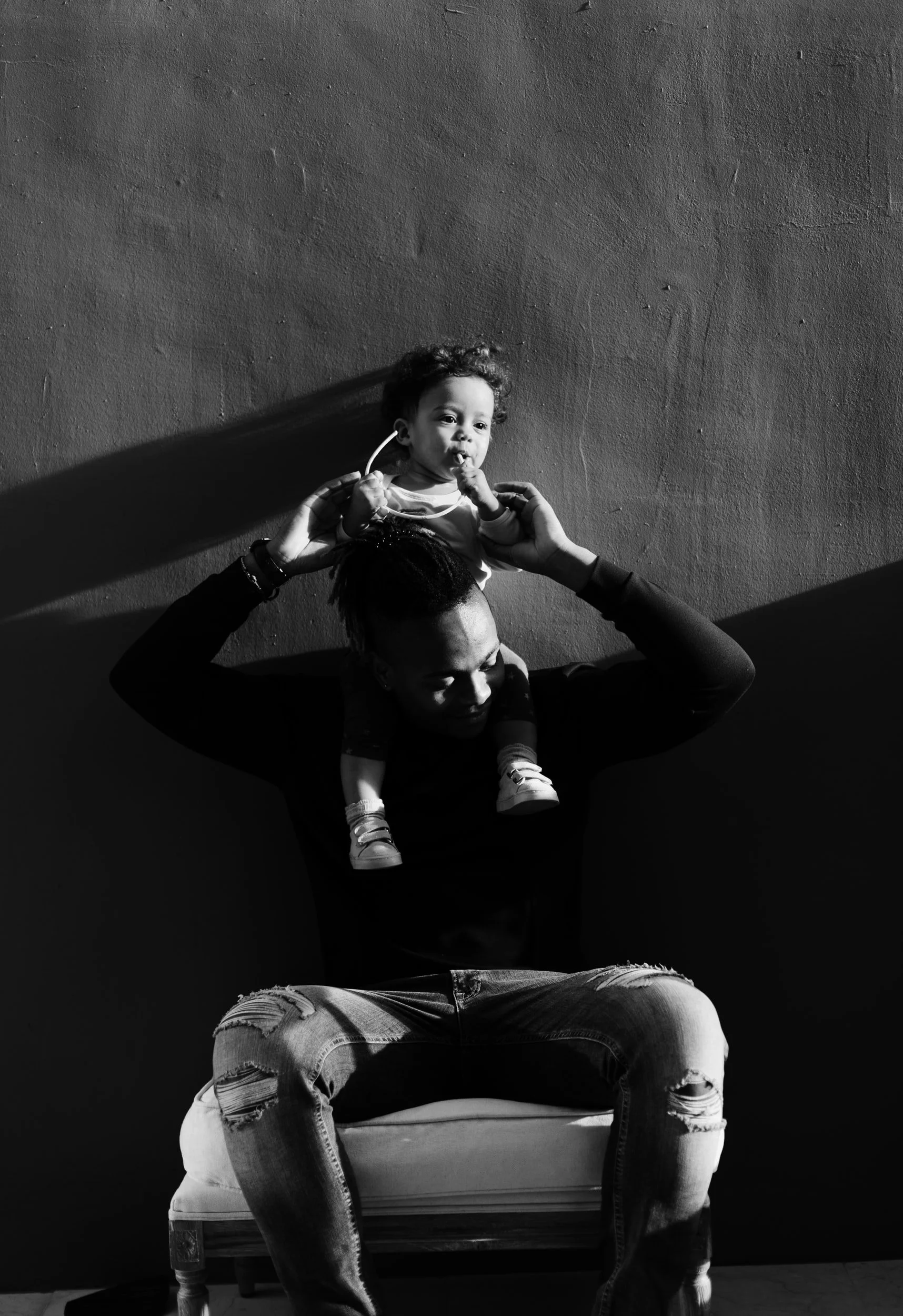“Where are you really from?” – Is that a question you get no matter where in the world you find yourself? Let’s talk about reframing what it means to belong. - Sohni Patel, MSW
Read MoreMany of us have learned throughout our lives that drinking is a normal part of being an adult. We drink when we get together with friends, when we have a good meal with the people we love, or when we are finally home after a long, stressful day. If you’re a person who drinks, you may at some point begin to question if and how alcohol is serving you, your health, and your relationships. Curious? Keep reading!
Read MoreAll of us at one point or another will face situations that feel unbearable or cause intense pain. Dialectical Behavior Therapy (DBT) offers a tool to decrease suffering in these situations by utilizing Radical Acceptance. Curious about this skill? Read on!
Read MoreWondering if online therapy works? Hesitant about its efficacy? Read on to hear out thoughts!
Read MoreYou may see some therapists offering an ‘attachment-based’ therapy. This modality is based on the research begun by John Bowlby and Mary Ainsworth. They studied how early childhood experiences with one’s caregivers set the stage for how one creates and maintains adult relationships. In short, attachment theory attempts to explain the common patterns in adult relationships that emerge from our early childhood experiences. There are 4 types of adult attachment styles. Curious to know what they are? Read on!
Read MoreDo you feel alone and disconnected more than ever during this time of manufactured happiness? Chances are you are not alone. Let’s navigate this together. Click on the image to read on.
Read MoreDaylight savings can feel like a challenging adjustment, and it's not uncommon to experience disturbances in sleep, mood, and energy levels. In order to minimize any adverse effects of "falling back," we invite you to try these strategies.
Read MoreAmerica after 2020 and the rise of the BLM movement. Read on to learn about the first hand account of Post BLM Life from one of our clinicians.
Read MoreFor many people who experience anxiety and overwhelm, it can feel extremely frustrating while in the experience. Typically, you become very aware of many different types of body sensations, such as a racing heart, shortness of breath, heat rising up your chest and face, and dizziness or nausea. The many thoughts racing around in your head can feel like they are pummeling the inside of your brain. Even if you are able to track what these thoughts are saying, they often feel extremely true in the moment. Click on the image to read more.
Read MoreWhether it’s your first semester of college or your last one, it is common to feel stressed as assignments and responsibilities build up over the course of the semester. You may feel overwhelmed, spread too thin, and exhausted, without much time to practice self-care. There are several strategies that can help you in preparing for and getting through these difficult periods. Repose therapists can help you with these methods and more to manage college stress and other challenges.
Read MoreMental health disorders affect 13% of the world’s population. In the U.S. alone, nearly 50 million adults experience some form of mental health issue. In line with this prevalence, more and more mediums of treatment are being rolled out. That said, pursuing most of these traditional mental healthcare avenues like therapy is not as accessible as we want them to be. Fortunately, even small lifestyle changes can help you better care for your mental health. Let’s take a look at them. Read on to learn about the little things you can do to better your mental health! - Jada Simmons
Read MoreBeing Queer and BIPOC in the 21st century. The intersectionality of these 2 identities can often create stress and overwhelm. Read on to learn more about how these identities overlap and ways to manage the corresponding stress that comes with it
Read MoreMoms have to deal with a long list of priorities: from household bills, to their children's schooling, dinner plans, managing full-time or part-time jobs, and much more. Rarely is their own welfare a part of this list, however — and that's despite consistent evidence that mothers are among those who struggle the most with poor mental health. Research in Global Women's Health found that depression and anxiety affect one in seven women during the perinatal period, and the numbers continue for experienced mothers. Leading studies reveal that this can have long-term consequences on their quality of life. Keep reading for a closer look on why mental health needs to be a mother’s priority.
- Jada Simmons
Why is meditation so hard to focus on when you are feeling numbed out or falling into a depressive spiral? Read on for answer to this burning question!
Read MoreCrippled with a feeling of guilt over every little thing? Want to set a boundary but feel like you can’t? Let’s talk about unearned guilt. Read on!
Read MoreStruggling with a major life transition? Read on to learn how to manage these complex feelings of overwhelm!
Read MoreGet to know Repose clinician practitioner, Miles Chinnachart Pool-or, through this Q&A style interview.
Read MoreNothing shakes your mind, body, and heart like bringing a human into this world. What's more, you've been charged with protecting a new life in today's world that, to many, feels like it's off its axis. Sounds like you? Read more here.
Read MoreBipolar disorder can lead someone to feel as though they are on a roller coaster of emotions that they didn’t voluntarily pay an admission ticket to ride. Their desire to get off the ride is ever-present, but feels completely out of their control. The varied emotions one can experience that is diagnosed with bipolar disorder can place them in positions of feeling different, misunderstood, confused, scared, frustrated and alienated. Click here to read on.
Read MoreUnfortunately, with the ever changing tumultuality of 2020-2022, frequent consumption of the news has become the norm. Although in the past one would say that this was a “necessary evil” to build social awareness, many these days are noticing internal shifts that feel unshakeable. Why? Because daily consumption of traumatic or distressing content news or content can elicit a trauma response. What is this trauma response? It is called “vicarious trauma”.
Read More




















